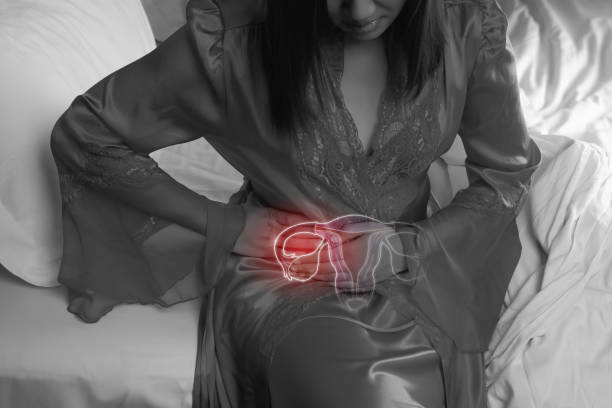HPV, or human papillomavirus, is a common sexually transmitted virus that affects both men and women. While some forms of HPV do not cause any symptoms, others can lead to various health problems, including genital warts and cancers of the cervix, anus, vagina, and oropharynx.
Genital warts are small, flesh-colored or gray growths that appear on the vulva, vagina, cervix, or anus. They can be flat or raised, small or large, and may be single or multiple. Genital warts are usually painless, but they can be uncomfortable or itchy.
Abnormal pap smear results can indicate the presence of HPV. A pap smear is a test that uses a small sample of cells from the cervix to look for changes that could lead to cancer. An abnormal pap smear result does not mean that a woman has cancer, but it does indicate that further testing is necessary to determine the cause of the abnormality.
Cervical cancer is the most serious potential complication of HPV in women. It is a slow-growing cancer that can be prevented with regular pap smears and HPV testing. If left untreated, cervical cancer can spread to other parts of the body and be life-threatening.
Symptoms of HPV in Women
Genital warts: These are small, fleshy growths that can appear on the vulva, anus, cervix, or in the vagina. They can be painful, itchy, and bleed easily.
Abnormal cervical cell changes: HPV can cause changes in the cells of the cervix that can lead to precancerous or cancerous lesions. A routine Pap test can detect these changes, but the majority of women with HPV do not experience any symptoms.
Abnormal vaginal discharge or bleeding: In rare cases, HPV can cause abnormal discharge or bleeding from the vagina.
Pain or itching in the genital area: Women with HPV may experience discomfort or itching in their genital area.
Treatment for HPV Symptoms in Women
Genital warts: There is no cure for HPV, but genital warts can be treated with medications applied directly to the warts, or removed with cryotherapy (freezing), surgical excision, or laser therapy.
Abnormal cervical cell changes: Precancerous changes can be treated with procedures such as cryotherapy, loop electrosurgical excision procedure (LEEP), or a cone biopsy. In some cases, a hysterectomy may be necessary.
Abnormal vaginal discharge or bleeding: In most cases, treatment involves removing any visible growths or precancerous changes with a procedure such as cryotherapy or LEEP.
Pain or itching: Over-the-counter creams or ointments can help relieve itching and discomfort in the genital area.
If a woman has an abnormal pap smear, further testing will be necessary to determine the cause of the abnormality. This may include a colposcopy, biopsy, or other diagnostic tests. If cervical dysplasia (precancerous cells) is found, treatment options include cryotherapy, loop electrical excision procedure (LEEP), or cone biopsy.
In cases of cervical cancer, treatment options may include surgery, radiation therapy, chemotherapy, or a combination of these treatments. The specific treatment plan will depend on the stage of the cancer and the woman’s overall health.
Conclusion
HPV is a common sexually transmitted infection that can cause genital warts, abnormal pap smear results, and cervical cancer in women. Regular pap smears and HPV testing can help to detect the presence of HPV and prevent the development of cervical cancer. If HPV symptoms are present, treatment options are available and depend on the type of HPV infection and the symptoms it is causing. It is important for women to be aware of the potential symptoms of HPV and to seek medical attention if they have concerns.

 Home
Home Health
Health Diet & Nutrition
Diet & Nutrition Living Well
Living Well More
More












